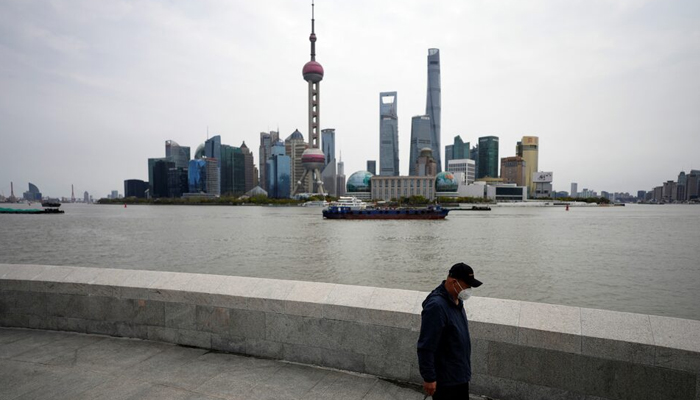Why Chinese cities are sinking?
East Asian giant has witnessed robust urbanisation in recent decades
April 19, 2024

As climate change continues to unravel its miseries around the world with harsh weather conditions and forcing people to leave their areas, a new study has revealed that Chinese cities are sinking, putting millions of people at risk, reported Metro UK.
The cause behind the scary phenomenon is because of the sheer weight of buildings and the extraction of groundwater, which is anticipated to affect around one-third of the Chinese urban population.
The East Asian giant has witnessed a robust urbanisation in recent decades which has never been observed in history.
The observing 82 urban places showed that over half of them are sinking, and 16% are standing at a rate of 10mm a year or more – labelled China’s ‘sinking belt’, the outlet reported.
The study was conducted using satellite radar and GPS data and was published in the journal Science.
The study found that the Chinese commercial hub Shanghai “has subsided up to three metres over the past century,” and if combined with the sea-level rise, the estimation suggests that the urban area equal to triple in size could be under the sea level by the year 2120.
The most affected cities include Tianjin which is largely threatened by climate change
Professor Nicholls, from the University of East Anglia, said: “Subsidence jeopardises the structural integrity of buildings and critical infrastructure and exacerbates the impacts of climate change in terms of flooding, particularly in coastal cities where it reinforces sea-level rise.”
Scientists expect that their new study will highlight the need for a national response to the crucial problem.











